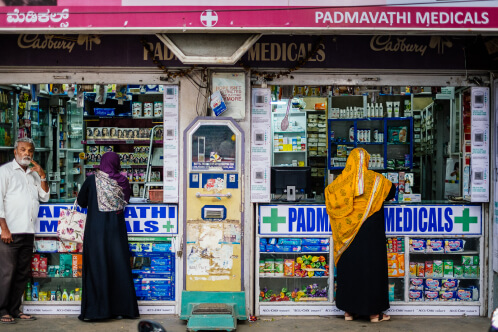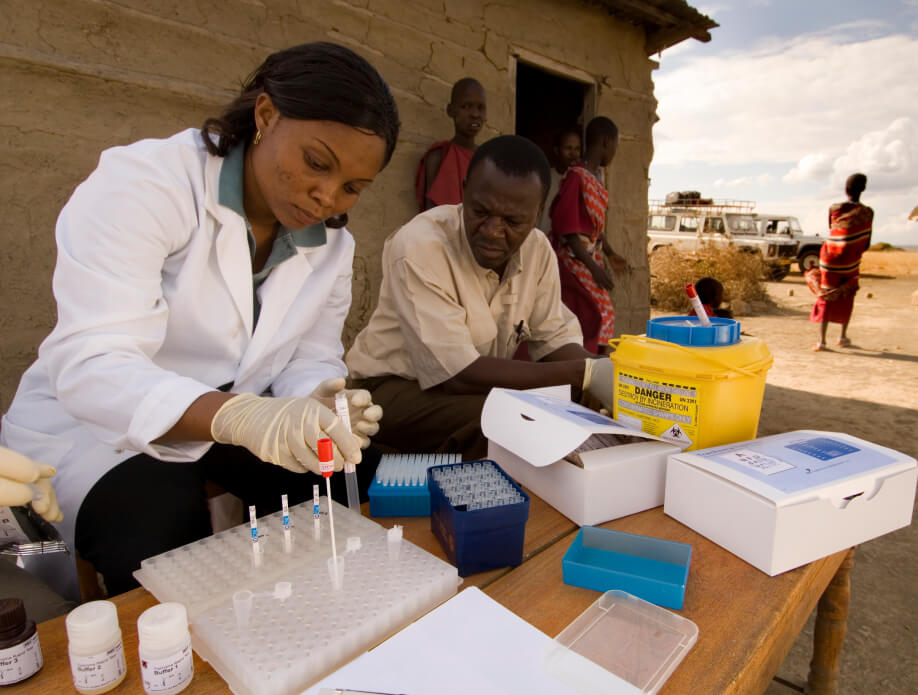The challenge
There is widespread recognition that countries should have ownership and control over their own health agendas.
There is also recognition that for low- and middle-income countries to effectively deliver on their health agendas and strengthen health systems, external resources need to be fully aligned in support of national health plans, with a pathway created for increased and sustainable domestic financing.
There is also common agreement that there is some way to go to achieving this. Getting there will require reappraisal of, and greater alignment across, the global health ecosystem.
Building greater alignment, particularly around health systems strengthening and a more sustainable global health ecosystem, is even more urgent as the world faces increasing epidemiological and demographic changes and global health inequities: from aging populations; to the growing burden of non-communicable diseases, mental health, and continuing and emerging challenges from infectious diseases; and growing threats from environmental degradation, climate change and new disease outbreaks. The COVID-19 pandemic has shown us that many of these challenges cannot be contained within individual borders and that our collective health is dependent on the health systems in all countries.
Now is the time, while the lessons of the COVID-19 pandemic are still fresh, to take stock of how the global health system can best meet the health challenges of today and of tomorrow.


